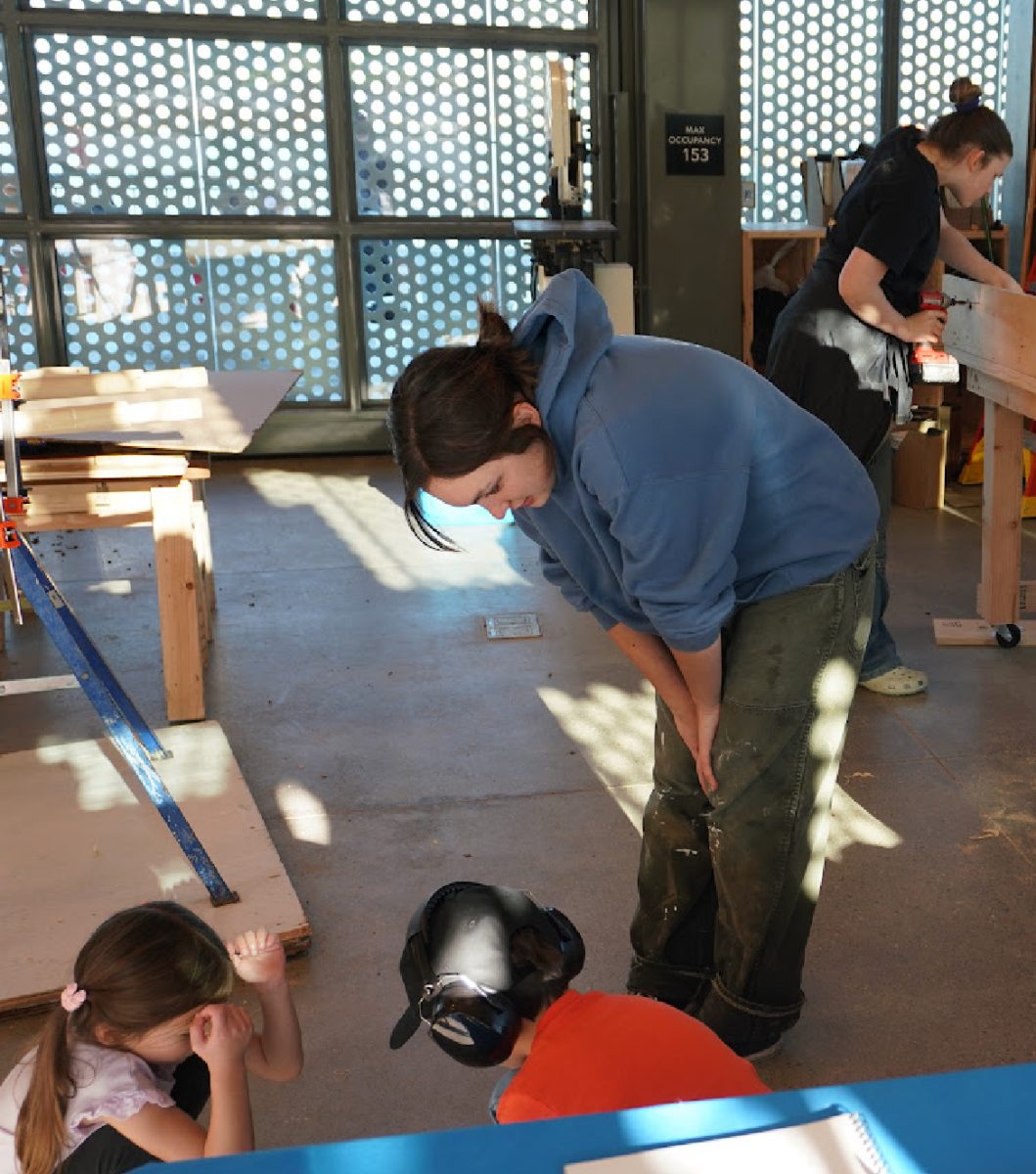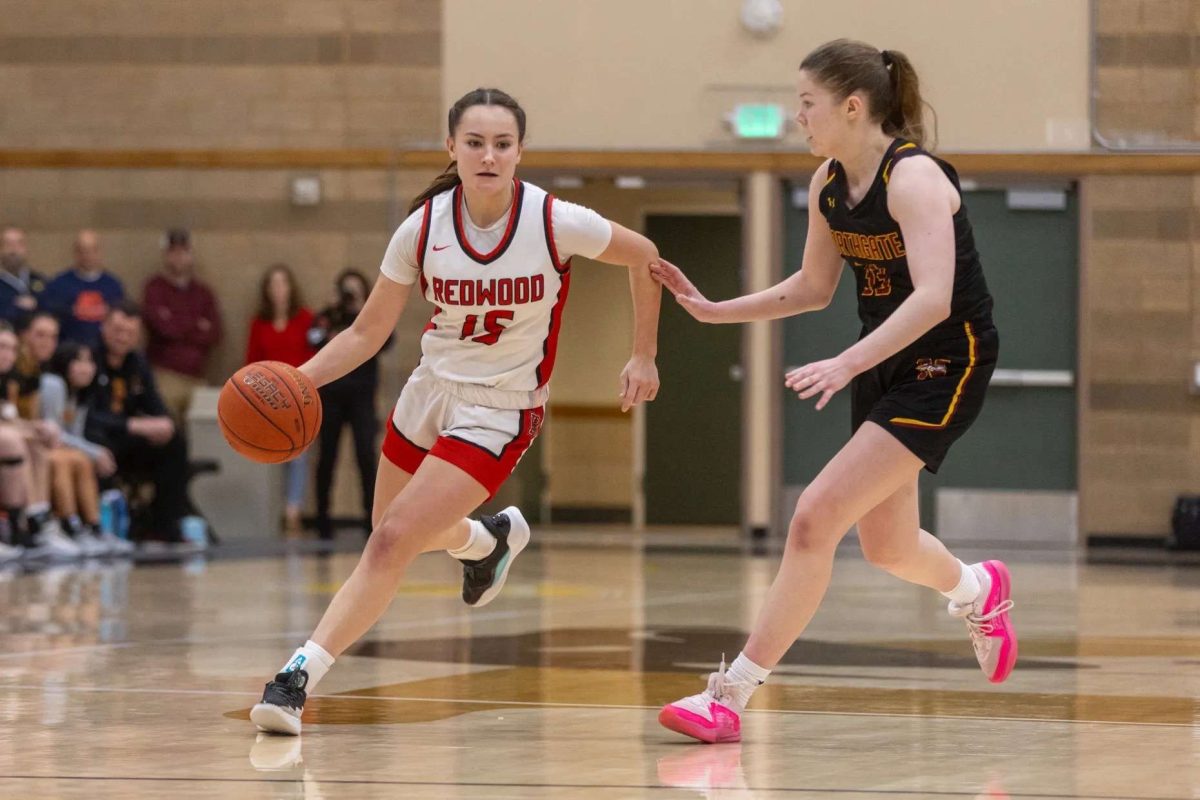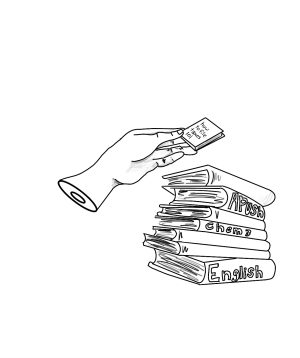Inequity prevails with voting rights in jeopardy
March 2, 2022
After centuries of fighting for basic freedoms, rights and justice in America, our country has progressed its standards for protecting civil liberties. Thanks to an era of continuous outspoken activists, national tension and arduous conflict on issues of oppression, we have made major strides in our values and practices, such as the 19th Amendment giving women the right to vote in 1919 and the Civil Rights Act of 1964. While these advancements are substantial, systemic obstacles continue to plague minority communities and individuals. Racism and inequity have become covert within our systems and institutions, and the discriminatory ways in which minorities have been disenfranchised sparks a need for federal reform. Still, 58 years after supposedly promising the protection of voting rights of African Americans, we are not able to agree on a simple concept: the access and availability surrounding our constitutional right to vote.
According to the Brennan Center for Justice, between Jan. 1 and Dec. 7, 2021, at least 19 states passed 34 laws restricting voting access. During this time, an additional 440 bills with provisions that restrict voting access have been introduced in 49 states, and 152 restrictive voting bills in 18 states will carry over into 2022. These constraints include voter ID laws, shortening voting times, restricting registration and prohibiting providing food and water to people waiting in line to vote.

These contemporary restraints create strenuous voting circumstances that disproportionately impact minority groups. A 2014 Government Accountability Office study found that strict photo ID laws reduce turnout by 2-3 percentage points, which can translate into tens of thousands of votes lost in a single state. Additionally, research from the Brennan Center for Justice in 2012 presented studies showing that around 11 percent of eligible voters do not have a government-issued photo ID. They report that this percentage is higher for seniors, people of color, people with disabilities, low-income voters and students. The main reason for this lack of official identification is the expense associated with documentation like birth certificates or driver’s licenses, as a report published by Harvard Law School showed that the expenses linked to receiving an ID can be as high as $1,500 when adding legal fees. Requiring an ID considerably reduces the quantity of Americans who are able to vote, and this decrease is more prominent with those who are systematically disadvantaged.
In addition to voter ID laws, many states are implementing restrictions on voter registration that unnecessarily complicate the process. Arizona passed a bill to remove individuals from the Permanent Early Voting List if they do not cast a ballot at least once every two years, and Florida approved a similar law. Georgia, Iowa, Michigan and Texas have also signed bills preventing proactively sending mail application ballots to voters. There is no legitimate reason why we shouldn’t provide all American citizens with easy access to voting registration; we should be making voting painless, not more difficult.
Even if an eligible voter hurdles every unyielding barrier to become registered, a considerable percentage of people endure insufficient and stagnant experiences with polling places. A report from the Public Religion Research Institute outlined the inaccessibility of polling places when attempting to vote, and it was found that Black and Hispanic Americans are roughly three times more likely than white Americans to have problems at the polls. Additionally, a study led by economist Keith Chen from the University of California, Los Angeles found racial voting disparities when matching anonymous location data from 10 million smartphones to 93,000 polling places. The results showed that, on average, voters in predominantly black neighborhoods were about 74 percent more likely than those in white neighborhoods to wait for more than half an hour. Given this distinct difference in waiting time at the polls, efforts to prohibit providing food and water to people in line blatantly disproportionately affect minorities.
While the unconstitutional discrepancies in voting seem undeniable, Republicans attempt to justify these bills by claiming that it is for the purpose of election security. This erroneous rationale is a consequence of the continuous right-wing allegations of a faulty election, which was initiated by former President Donald Trump. Contradicting these claims, Trump’s own U.S. Department of Homeland Security (DHS) officials released a statement days after the election asserting the 2020 election the most secure in American history. Directly following this assurance from government experts, Trump fired Chris Krebs, a longtime Republican and former head of the Cybersecurity and Infrastructure Security Agency—a component under the DHS. Despite overwhelming evidence of a fair and protected election, Trump still tried to encourage former Vice President Mike Pence to illegally overturn the results.
As a response to the numerous irrational and inequitable efforts to decrease voter attendance and accessibility, the Freedom to Vote: John R. Lewis Act was brought in front of Congress in hopes of combating these constraints. This act has two main goals: to guarantee all eligible American citizens have equal voting access and to establish standards to improve security, transparency and trust in elections. This bill passed in the House of Representatives by a vote of 219-213, but came to a halt in the Senate, as the vast majority of Republicans oppose the legislation. Given the fact that election security is better than it has ever been, there should be no reason to dispute legislation that simultaneously expands voting access and strengthens election integrity. Yet, in this politically and economically driven society, politicians often choose to act in the interest of themselves and their party, rather than recognizing the glaring inequalities and taking action to protect our rights as American citizens. In our prosperous and privileged community, we must recognize the injustice occurring for a substantial number of people in our country, and we must use our societal advantage to push for action and change.







